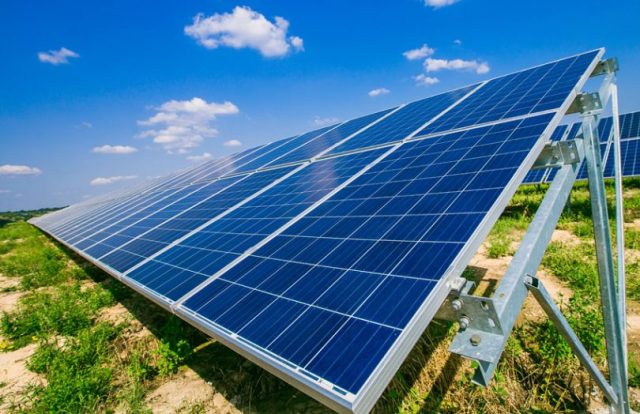The Global Renewables Alliance has welcomed the wave of new and updated national climate plans (NDCs) announced at the UN Climate Action Summit in New York, calling them a strong signal that the Paris Agreement is working and multilateral climate action is gaining pace.
Close to 100 countries have submitted or announced stronger climate targets, with more than 75 percent including quantified goals for renewable energy deployment — an essential step toward tripling global renewables by 2030.
Renewables Powering Economic Transformation
According to the Alliance, NDCs are not just climate pledges but “blueprints for economic transformation.” By setting long-term renewable energy targets, governments provide the market certainty needed for private investors to mobilize capital and expand project pipelines. Renewable energy already supplies over 30 percent of global electricity, while 2024 investment topped $700 billion, the highest in more than two decades.
Research from EMBER shows that 92 percent of countries possess renewable resources capable of meeting over ten times their current energy demand. Leaders such as Kenya’s President William Ruto have urged the world to exploit these abundant resources rather than debate fossil fuel reserves.
Key Actions to Bridge the 1.5 °C Gap
Despite impressive momentum, the Alliance warns of a shortfall between current commitments and what is required to stay within a 1.5 °C warming limit. It urges governments to:
-
Publish detailed renewable energy plans with specific technology targets for solar, wind, geothermal, hydropower, and storage.
-
Remove deployment barriers such as slow permitting, underinvestment in transmission, and grid connection bottlenecks.
-
Ensure policy stability to give investors long-term confidence.
-
Scale finance for emerging economies, noting that 89 percent of 2035 NDCs depend on external finance or technical support.
-
Implement the COP29 Grids and Storage Pledge to build resilient energy systems.
-
Advance fossil fuel phase-out with clear timelines and honest dialogue at upcoming COP negotiations.
Renewables Driving Growth and Security
Renewables have already proven to be the most cost-effective power source in nearly every market, contributing to 10 percent of global GDP growth last year while shielding consumers from fossil fuel price shocks. In 2024, renewables accounted for over 90 percent of new power capacity worldwide, helping cut fossil fuel costs by $460 billion.
The Global Renewables Alliance emphasizes that the path forward is clear: turn ambitious NDC commitments into real-world delivery, accelerate fossil fuel phase-out, and ensure fair renewable deployment across all regions. With markets and industries ready, the decisive next step lies with governments to match ambition with action and keep the 1.5 °C goal within reach.
GreentechLead.com News Desk

